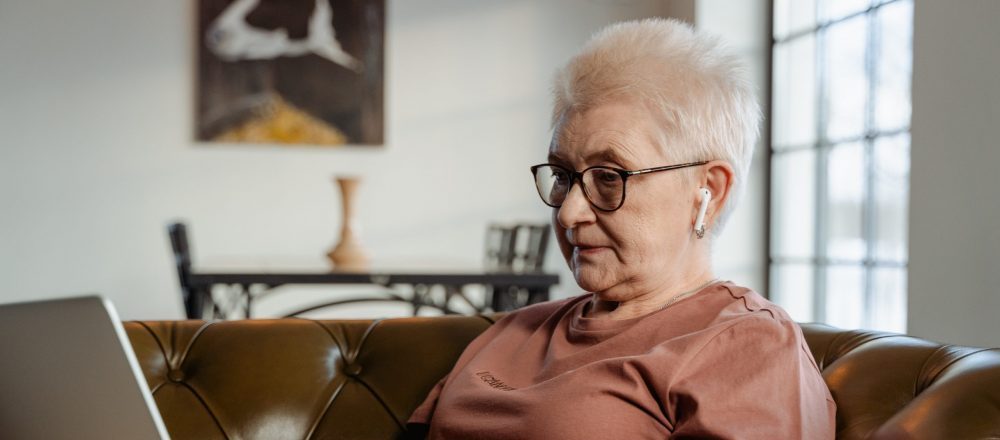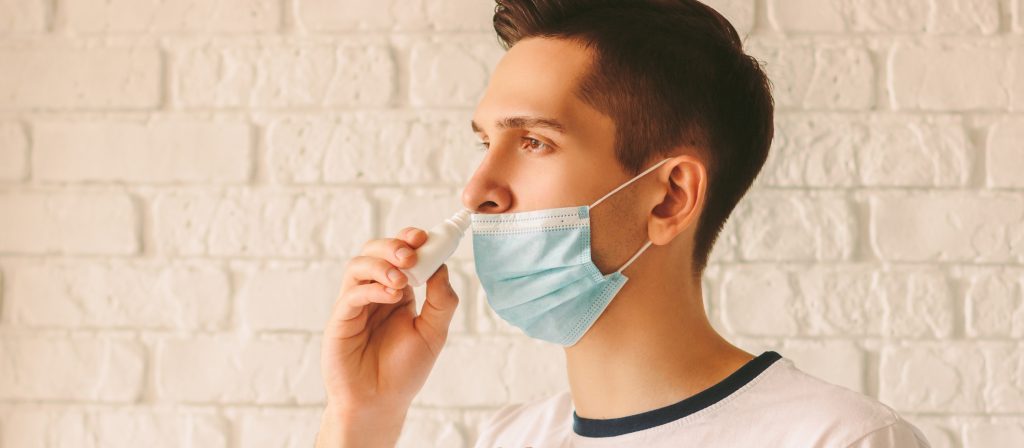Never have coordinated, proactive health services been more critical than in today’s COVID-19 pandemic. Practices that were either temporarily closed or scaled back are reopening to a new world of challenges to continuously — and safely — improve clinical outcomes while meeting the concurrent need to save the money spent by patients and the health system as a whole.
The Patient-Centered Medical Home (PCMH) model was established to do exactly that…transform how primary care is organized and delivered. Today, a whopping 800 primary-care practice sites have achieved National Committee for Quality Assurance (NCQA) PCMH recognition with the assistance of the Primary Care Development Corporation. Nearly 80% of those practices have achieved PCMH recognition in the last 18 months alone. So how are they coping with today’s pandemic?
“COVID-19 has strained our healthcare resources,” PCDC CEO Louise Cohen admitted at the Primary Care Summit this spring. “It’s stretched our provider community and shined a bright light on the U.S. healthcare system — both its strengths and weaknesses.”
However, PCDC and NCQA officials note that the PCMH program’s focus is spot-on to address Americans’ multi-symptom conditions and the increased challenge of COVID-19. PCMH is focused on expanding patient access to a personal physician and care team; improving care coordination and information sharing between primary care, behavioral health and specialty care; and increasing the use of performance data to drive continuous performance improvement.
Reaching the 800-practice milestone demonstrates the providers’ commitment to quality, stated Isaac Kastenbaum, managing director PCDC’s Performance Improvement team. “An increase in PCMH-recognized practices means better health outcomes for millions of patients and improved financial viability for all providers involved. We look forward to continuing to support these providers in improving their practices’ business operations and their communities’ health.”
The stats show that PCMH is working…and working dramatically well.
Strong proof of value
A valuable resource for you is the report “Latest Evidence: Benefits of NCQA Patient-Centered Medical Home Recognition” (free PDF download). Published this past year and continuously updated, it shows that a growing body of scientific evidence shows that PCMH-recognized practices are saving money by reducing hospital and Emergency Department visits, mitigating health disparities, and improving patient outcomes.
Just a very few of the many positive outcomes include:
- Reducing outpatient ED visits by 11% over non-PCMHs for Medicare patients, with resulting cost savings
- Lower total annual Medicare spending for PCMH practices’ patients, with lower payments to acute-care hospitals. Savings were even higher than the PCMH average for practices with sicker-than-average patients.
- NCQA PCMH practices have Medicaid patients with increased primary-care visits but fewer inpatient or ED visits, for a net cost savings and, most importantly, higher quality of life through earlier interventions
- Greater usage of non-medical support services, such as those to address social determinants of health (SDOH) issues such as transportation, proper nutrition and home services
- Outperformed the control group on all 4 diabetes measures
- Lower prescription drug spending
- Increased primary care visits, lab tests, optimal medication adherence, and life-saving cancer screenings
The documented results go on and on, and these and other outcomes add up to real $$s. One Colorado multi-payer PCMH pilot alone documented $5 million savings per year for the approximately 100,000 patients touched by the pilot, while documenting improved clinical outcomes.
Funding challenges remain
For all of PCMH’s ongoing successes, PCDC CEO Cohen has stressed that “primary care has never had money for emergency preparedness, and we’re seeing the side effects” in this pandemic. “The bigger sites have been able to adapt more quickly, but smaller provider offices are struggling. Primary care providers are the last in line for personal protective equipment (PPE). They’ve been struggling to move quickly to telemedicine so they can continue to see their patients and get reimbursed appropriately for it. They need funding — now and beyond the pandemic.”
‘Creating the system we know we need’
Data and transparency…they’re two of the critical aspects of proving value and receiving funding. Cohen noted at the Primary Care Summit that “There’s no national definition of primary care, which prevents us from measuring how much investment there actually is in primary care, either at the national or state levels. What we do know is that primary care gets about 3 to 7 cents on the national healthcare dollar, depending on the payer. It’s important to advocate for defining, measuring and increasing primary care investment as a critical first step in creating the healthcare system we know we need.
Medicare beneficiaries know they want PCMH-level services. 73% of them responding to a John A. Hartford Foundation Primary Care Poll stated they want PCMH-style care, and a full 83% of those who are receiving PCMH care said it improves their health (page 20 of PCMH Evidence Report).
Let us help
At RxLive, we firmly agree, and are so proud to partner with a growing number of PCMH-recognized practices and those that are expanding their services and policies to achieve this important care-coordination recognition and the resultant outcomes for their patient populations. If your practice is a PCMH, CPC+ or other practice seeking to implement best-practice processes to improve care coordination, comprehensive medication management as well as clinical, financial and patient-satisfaction outcomes, reach out to us at any time at (866) 234-4974 or kristen@rxlive.com. We’re here to help, often at no cost to you or your patients.




